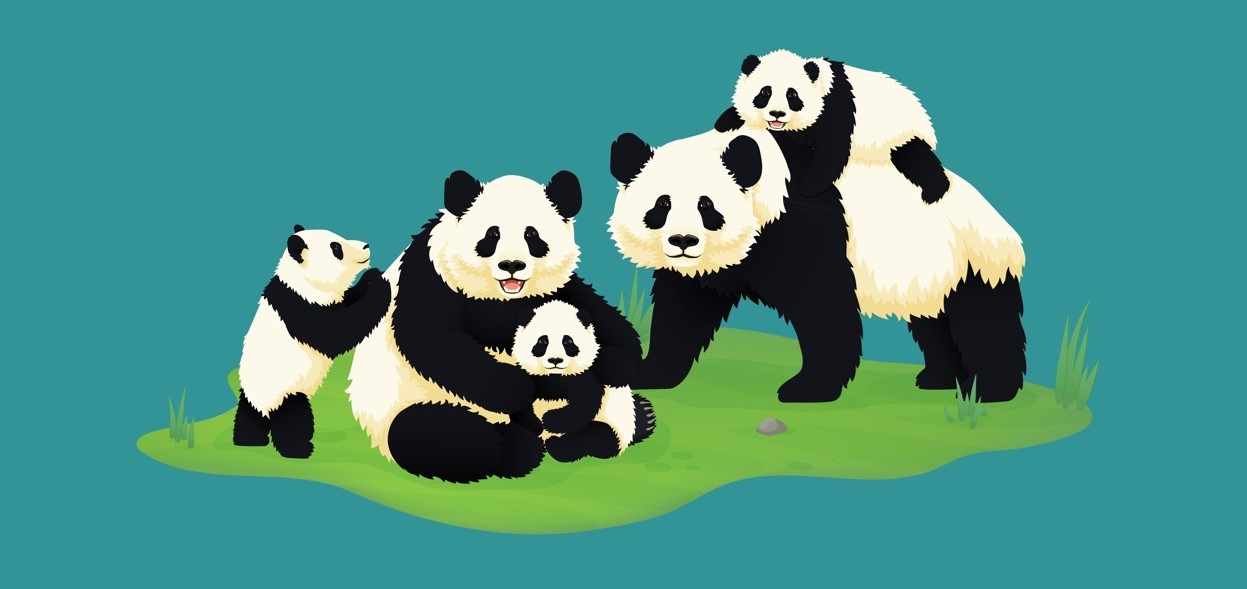Hong Kong, 17 July 2024: When Pope Leo X was elected in the 16th century, King Manuel I of Portugal gifted him an elephant called Hanno, who became a must-see attraction for the people of Rome and was later buried under the Vatican courtyard. Emperor Franz II of Austria was given a giraffe by the Ottoman Viceroy of Egypt and marked the occasion with a themed ball. Queen Elizabeth II variously received a Jersey cow, a sloth, a crocodile, two American beavers, six red kangaroos and – courtesy of the Royal Canadian Mounted Police – three horses named James, George and Sir John.
The world’s rulers have been gifting each other exotic animals for centuries. This includes China, which began “panda diplomacy” during the Tang Dynasty but really acquired a taste for it after 1972, when two of the cute black and white bears were dispatched to the US following president Richard Nixon’s landmark visit to Beijing. Cue panda-monium at Washington Zoo when 20,000 visitors turned up to the duo’s unveiling. The policy continues, meaning these unique beasts – endemic to the Mainland – can be seen in the zoos and nature reserves of more than 20 nations.
Here in Hong Kong, we are eagerly awaiting our next pair of pandas, a gift from Beijing to mark the 27th anniversary of this city’s return to Chinese rule. Leader John Lee has already visited the duo, a male and female, at a conservation centre in Sichuan, describing them as “adorable”. He is hopeful they will reproduce, thus bringing “even more joy and warmth” to residents. If so, it will be third time lucky for our city. The first pair to arrive, An An and Jia Jia in 1999, died without reproducing while successors Ying Ying and Le Le – currently housed at Ocean Park, where they remain a popular attraction – have also failed to conceive. Cue envious glances at Singapore, which welcomed its first panda cub three years ago.
Ocean Park is promising to upgrade facilities for the newcomers, enhancing its panda enclosure, adding new exhibitions and creating “digital immersive experiences” for children. As for feeding, the theme park will need to double the 420kg of bamboo it imports from Guangzhou each week. Tourism minister Kevin Yeung has grand plans, believing our city can promote a “panda economy”, with the catering and retail sectors cashing in. “Maybe some restaurants can jump on the trend and businesses can launch products?” he suggests. At any rate, the new pandas could herald closer ties between our city and Sichuan. The province’s Communist Party secretary Wang Xiaohui believes the “special envoys” may pave the way for expanded collaboration in trade, education, technology and the like.
Not everyone is happy. Pit Hok Yau of the Hong Kong Animal Law and Protection Organisation points out pandas are “sentient beings with feelings” and, as such, gifting them “violates animal welfare”. As for any educational benefits, he highlights the great naturalist Jacques Cousteau’s remark that studying animals in captivity is as worthless as observing prisoners in solitary confinement. In fairness, China’s protection efforts should be lauded. The World Wide Fund for Nature, which has the animal for its logo, notes that “thanks to decades of successful conservation work, wild panda numbers are starting to recover”.
The Hong Kong authorities have hinted citizens will have a chance to choose the pandas’ names, as they did for one of Ocean Park’s newest residents, a 1.9-metre crocodile. Passion – thus christened after a public vote – was captured last year in Yuen Long, having given conservation officers the runaround for several hours. She turned out to be a critically endangered Siamese crocodile which wildlife officials believe had been illegally imported and kept as a pet before being released when she became too big.
If appealing pandas and rare reptiles are top of this city’s conservation list, wild boars are at the bottom. Some 916 have been “humanely dispatched” over the past two years, leaving around 1,360 at large. After a policeman was bitten in Tin Hau three years ago, the authorities dropped their long-standing policy of simply returning to the wild any pigs captured in urban areas, choosing instead to euthanise them. The government insists people feeding wild animals exacerbates the problem and is about to increase the penalties for doing so.
Rats, likewise, are considered pests, but Dr Siddharth Sridhar finds them fascinating. Hong Kong’s high-profile infectious diseases expert has conducted world-leading research, discovering how the rodents carry a hepatitis virus that transfers to humans. He discusses this, his passion for microbiology and, of course, this city’s Covid-19 response in our latest Law & More podcast. Please listen.
One bug that infects millions is football fever. I’ve just returned from a month in Germany, watching my beloved England in their quest to end almost six decades of hurt at the European Championships. Was there a fairytale ending? Of course not. In time-honoured fashion, they were inept, inspiring, frustrating and heroic – sometimes, all at once – before succumbing in the final to an impressive Spain.
Pandas, elephants and even crocodiles bring joy to the world. Alas, only heartache accompanies the Three Lions.
Until next time, everybody!
Colin Cohen
Senior Partner
Boase Cohen & Collins



